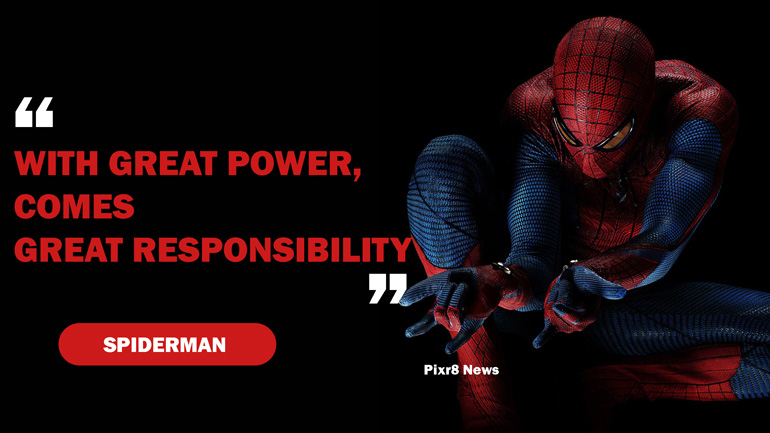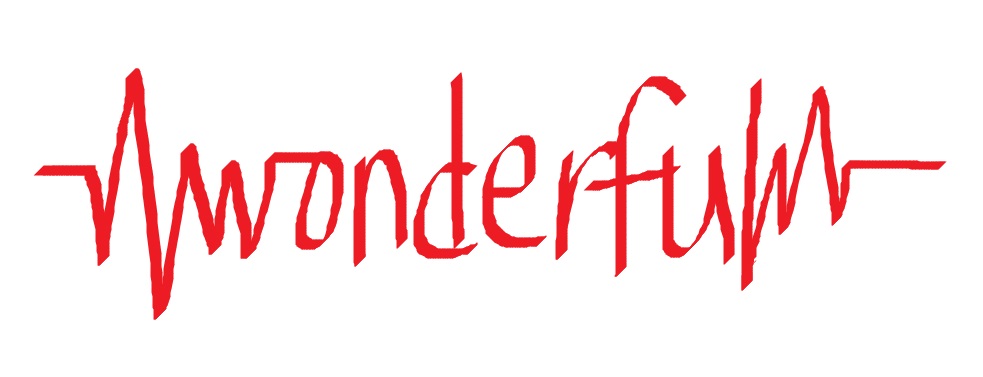 |
| Photo Credit: Pixr8 |
Teachers’ power inside their classes is so vast that they can make a student lose hope or take heart, go bad or do well, be inspired or be discouraged. There are a lot of things that can happen inside a classroom. And the teacher, being at the heart of it all, has this power in their hands to somehow shape a world that could be better, or worse. They have even bigger responsibilities because it is not even the present that are being molded, but the future of the country. The new breeds of leaders are in their hands, the new generation of experts. What could be more powerful than that? For at least eight (8) hours, the students have to listen to them, learn from them, and make use of what is being taught to them. For most of the day, they are being bombarded by lectures, experiments, laboratories, etc. Most of their waking hour is spent at school. And the teachers act as their guardian, their mentors, and their second-parents. One of the things why I love teaching is because of I am able to influence my students to be better in their lives. I want to make a difference; I want to leave something, a legacy to my students.
It is therefore highly important that a teacher knows how to make of this power in order to put it to good use. Once a teacher knows how to make his or her power more worthwhile for his students, it will not only impact their students themselves, but even those around them. When a teacher makes a mistake, a whole community suffers. On the other hand, if a lawyer makes a mistake, one person goes to jail while the other lives on freely. The teacher who made a mistake, whether by not doing his part in educating young minds may be making another corrupt official, or another drop-out who beats his wife and produces a bunch of children who don’t have anything to eat. Yes, if only the teacher knows how to use this power for the greater good. A teacher must teach his/ her students with passion for learning. This passion will motivate him to not only do things mediocre, but to aspire for greater goals. How will I be able to retain what I’m teaching to my students? How will I make my class fun, interesting and lively so they will not get bored? How will they be able to be better persons because of what I’m teaching? And most of all, how am I faring with what I am teaching to them? These were my thoughts whenever I plan for a class. I want them to remember as much as possible everything that I’ll be teaching them. And I want them to put these to good use. I know History is boring to some, but I make it a point that they will appreciate the importance of what I’m teaching to their everyday lives.
I don’t know about Gagne’s instructional events before, when I was still teaching. But I believe I was able to imbibe them in my teaching method that’s why I am confident that my students were able to really learn something from all our meetings. Even I as a student appreciates it when my professor exerts an extra effort to, more than teaching his subject, really look into the needs of the students and start there. Gagne’s model may even be true not only in the classroom setting but even in mentoring a successor for example. We can even use the stages he proposed that moves around learning while we are dealing with our co-workers. There are really stages. We can not just go into the topic altogether. We have to start somewhere. In writing, we can’t just write about it and that’s that. There is a process of giving a few introductions before dwelling on the topic at hand and then after, maybe summarize or conclude on what has been pointed out. Our lives do have a bunch of stages with it. So it’s not uncommon that in almost everything, we have a series of things to do in order for us to be able to move on to the next.
In the same way, I firmly believe that following Gagne’s learning model of nine instructional events will help us, not only teachers, to engage in a deeper understanding of things, to help us be more sensitive to the needs of others, and to be more passionate in whatever we are doing. I have always believed that in everything that I do, I work at it not to gain the favor of those around me, but to please my God, who is the Master of All. Gagne’s instructional events are also flexible enough so that we will not be too keen on following a step-by-step procedure, but rather only picking those that needed to do and do away with the others without really sacrificing the intent. In my few years in the military academy, I have learned to be disciplined in my ways, from waking up to eating to sleeping to even talking with my superiors and with my fellows. Maybe that is why I was able to easily appreciate Gagne’s model. There is discipline in strategizing your moves in order to get to what you intend to achieve. If you want your students to listen to you, you have to do something with your voice maybe, or with your materials. If you want them to really learn from you, make them feel like what your teaching is valuable information they won’t be able to live without. If you want what you taught them to still be in their minds even after they have played computer games and watched a dozen TV programs, you have to make it a priority to make your lesson and the way you taught it to be memorable enough that even though this may not be their every thought in their every waking hours, they will remember that you have taught them that. It is important that the teacher being the executioner of the curriculum will also take part in making the curriculum more than what it is, a set of lessons to teach; it is their responsibility to make the curriculum the meat of the pie, the heart of their student lives.
Really, it’s not that easy being an educator. What with the kids full of energy, or the teenagers full of raging hormones, it won’t be a no sweat feat! Since I began teaching, and I’ve taught both elementary and high school already, I have always told myself, it will never get better. But every end of the school year, I feel really blessed to have been part of these lives who I know will be the future of our country. I feel blessed that in my own way, I was able to do something positive; I was able to inspire someone with my teachings. I know I’m not yet perfect; my teaching skills still has a long way to go. But every time I also learn something new from my own studying, from my also being a student, I continue to hope that someday, I will be able to use them, not only to my child, but to more people. I may or may no longer be a teacher anymore; it will depend on where the Lord will place me next. But I know that these knowledge that I acquire in my studying are still relevant no matter what my future role will be. I have been given this knowledge. And with it comes the power – to change lives, to inspire people, to believe in someone. Yes, I know that with great power comes great responsibility. I have my teaching experience to testify on that. But more so, I was also reminded by a verse in the Bible which says that to whom much is given, much is also required. Does that mean I need to make an even greater effort to teach more? I reckon so!

